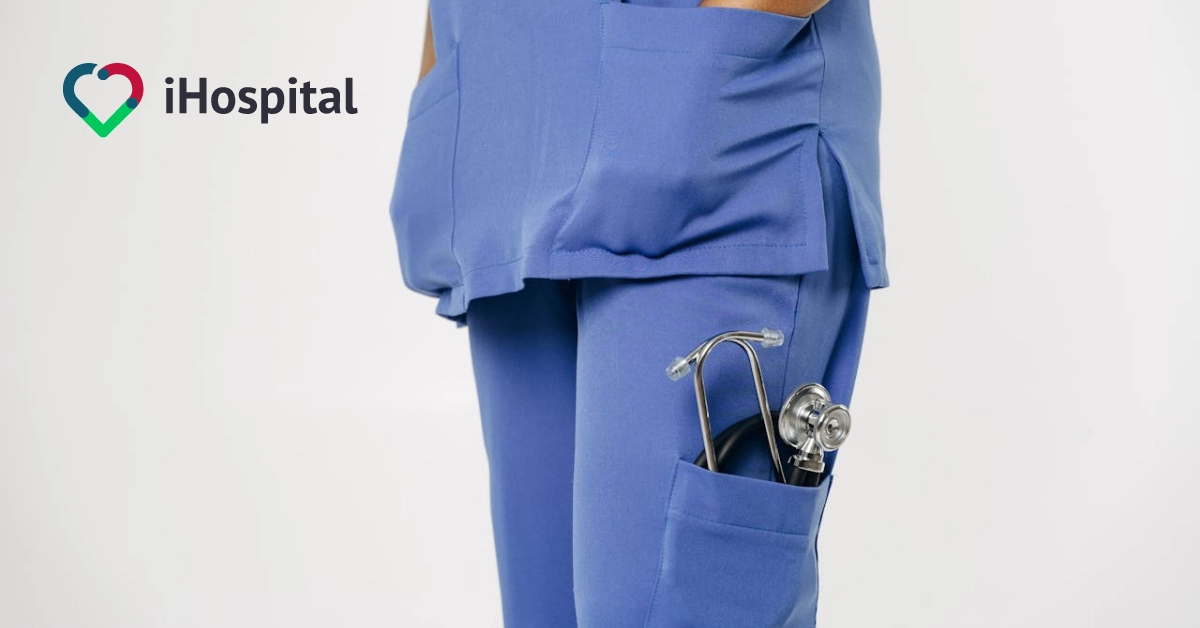
The importance of regular medical checkups: Prevention is better than cure
2024-05-12
<span><p>Are you taking proactive steps to maintain your health? Are you keeping up with regular medical checkups? In a time when our busy schedules and daily stresses often take center stage, it's easy to overlook or even forget the importance of regular medical checkups. But what if you knew that these routine tests held the key to your health?</p><p>Regular medical checkups are indispensable tools in the pursuit of a healthy and vibrant life; they provide invaluable information about our health status, from early detection of diseases to risk assessment and more, thus playing an important role in protecting our health, preventing potential health issues, and enabling us to take proactive steps towards a healthier future. In this article, we delve into the important role that regular medical checkups play, and how they contribute to maintaining your health.</p><h2>The importance of regular checkups</h2><p>Routine medical checkups are essential for maintaining overall health and preventing potential health issues. These tests, usually performed at regular intervals, <strong>serve several important purposes:</strong></p><h3>1. Early detection of health issues</h3><p>Many diseases, such as certain types of cancer or chronic conditions such as diabetes, can develop slowly without causing noticeable symptoms in the early stages, so even if you feel healthy, you should visit your doctor for regular checkups; this allows the healthcare team to detect any potential health issues early, before symptoms appear, when treatment is more effective and potential complications can be prevented.</p><h3>2. Preventive health care</h3><p>Health screenings help assess your overall health status and identify risk factors for certain diseases, such as high blood pressure or high cholesterol, allowing you to take proactive steps to minimize or manage your risk of developing these diseases. This can include: Lifestyle changes, medications, or other medical interventions.</p><p>It's important to stay up-to-date on your screenings, vaccinations, and appointments to help prevent serious health conditions.</p><h3>3. Monitoring chronic conditions</h3><p>If you have a chronic condition such as diabetes, high blood pressure, or heart disease, routine tests are necessary to monitor disease progression, evaluate the effectiveness of treatment, and make necessary adjustments to treatment plans.</p><h3>4. Promoting individual and public health</h3><p>Routine exams are opportunities for health education and promotion; they enable healthcare providers to educate patients about healthy lifestyle behaviors, such as healthy diet, physical activity, stress management, and avoiding harmful habits such as smoking or alcohol consumption, enabling you to make positive changes in your life to improve your health, thereby improving outcomes, lowering care costs, and enhancing quality of life.</p><h3>5. Peace of mind</h3><p>When the results of routine medical tests indicate that you are in good health, it provides you with peace of mind, knowing that you are on the right track to achieving your health goals and that your efforts to maintain a healthy lifestyle are paying off. The same is true if your results indicate that you have a health issue in its early stages, because although it can be painful to detect, it provides the opportunity for timely medical intervention, when the chances of treatment and recovery are better.</p><h2>The most important regular medical checkups</h2><p><strong>Common regular medical checkups include the following:</strong></p><ul><li>Checking blood glucose (sugar) levels.</li><li>Routine CBC blood test (blood strength, blood components, thyroid, kidney and liver function, etc.)</li><li>Cholesterol and lipid profile.</li><li>Vision and hearing tests.</li><li>Dental examination.</li><li>Body mass index (BMI) calculation.</li><li>Osteoporosis screening.</li><li>Cancer screenings, such as mammograms and Pap smears for women, prostate and testicular exams for men, and colonoscopies and skin exams for both.</li></ul><h2>Ask your doctor: When to have regular checkups?</h2><p>Talk to your doctor about the type of regular checkups you should have, and ask when the best time to have them is, as this will vary depending on several factors, <strong>including your risk factors:</strong></p><ul><li><h3>Your risk factors</h3></li></ul><p>If you have risk factors for certain diseases, more frequent or specialized screenings may be recommended to detect any early signs.<strong> For example:</strong></p><ul><li>If you have a history of cardiovascular disease, you'll need more frequent monitoring of your blood pressure and cholesterol levels.</li><li>Most young people don't need a regular colonoscopy, but if you have a family history of polyps or colon cancer, you may need to be tested regularly.</li><li>If you have a family history of a disease, you may be a good candidate for genetic testing, which can determine if you're at high risk of developing the disease.</li></ul><p> </p><ul><li><h3>Your age</h3></li></ul><p>The type and frequency of routine tests you may need changes as you age, and certain tests may be recommended at certain ages but not others. For example, mammograms for breast cancer screening usually start at age 40, while colonoscopies for colorectal cancer screening are often recommended starting at age 45.</p><ul><li><h3>Your gender</h3></li></ul><p>While many routine screenings are important for individuals of both genders, there are additional screenings specific to men's health, such as prostate cancer screening with a PSA test, or women's health, such as mammograms for breast cancer screening or pap smears for cervical cancer screening.</p><ul><li><h3>Your health and lifestyle factors</h3></li></ul><p>Certain lifestyle choices, such as smoking, alcohol consumption, poor diet, physical inactivity, and exposure to environmental hazards, can increase your risk of developing various health issues. Your doctor may take these factors into consideration when determining which tests are appropriate for you and how often.</p><p><strong>Enjoy a convenient healthcare experience at your doorstep! <a href="https://www.ihospitalapp.com/ar/home">Download the iHospital app now</a> and book a home visit with the best doctors. Whether you have a busy schedule or simply prefer the comfort of your own home, our experienced team is just a click away.</strong></p><hr><h2>References</h2><ol><li aria-level="1"><a href="https://www.webmd.com/a-to-z-guides/ss/slideshow-checkups-needed">Checkups and Tests You Shouldn't Miss</a>, WebMD</li><li aria-level="1"><a href="https://www.betterhealth.vic.gov.au/health/servicesandsupport/regular-health-checks">Regular health checks</a>, Better Health Channel</li><li aria-level="1"><a href="https://www.healthdirect.gov.au/essential-screening-tests-for-men">Essential screening tests for men</a>, healthdirect</li><li aria-level="1"><a href="https://www.hopkinsmedicine.org/health/treatment-tests-and-therapies/routine-screenings">Routine Screenings</a>, Johns Hopkins Medicine</li></ol></span>